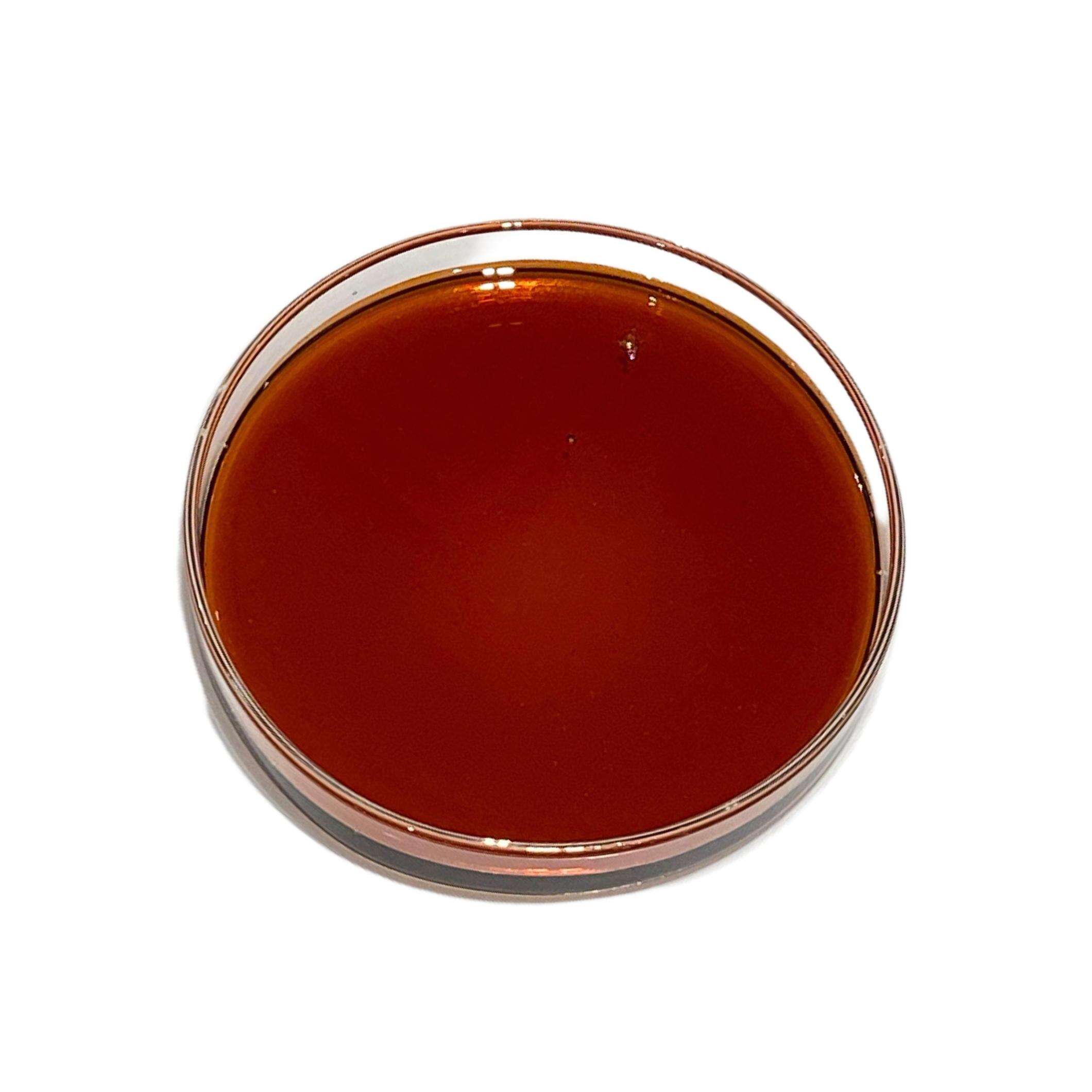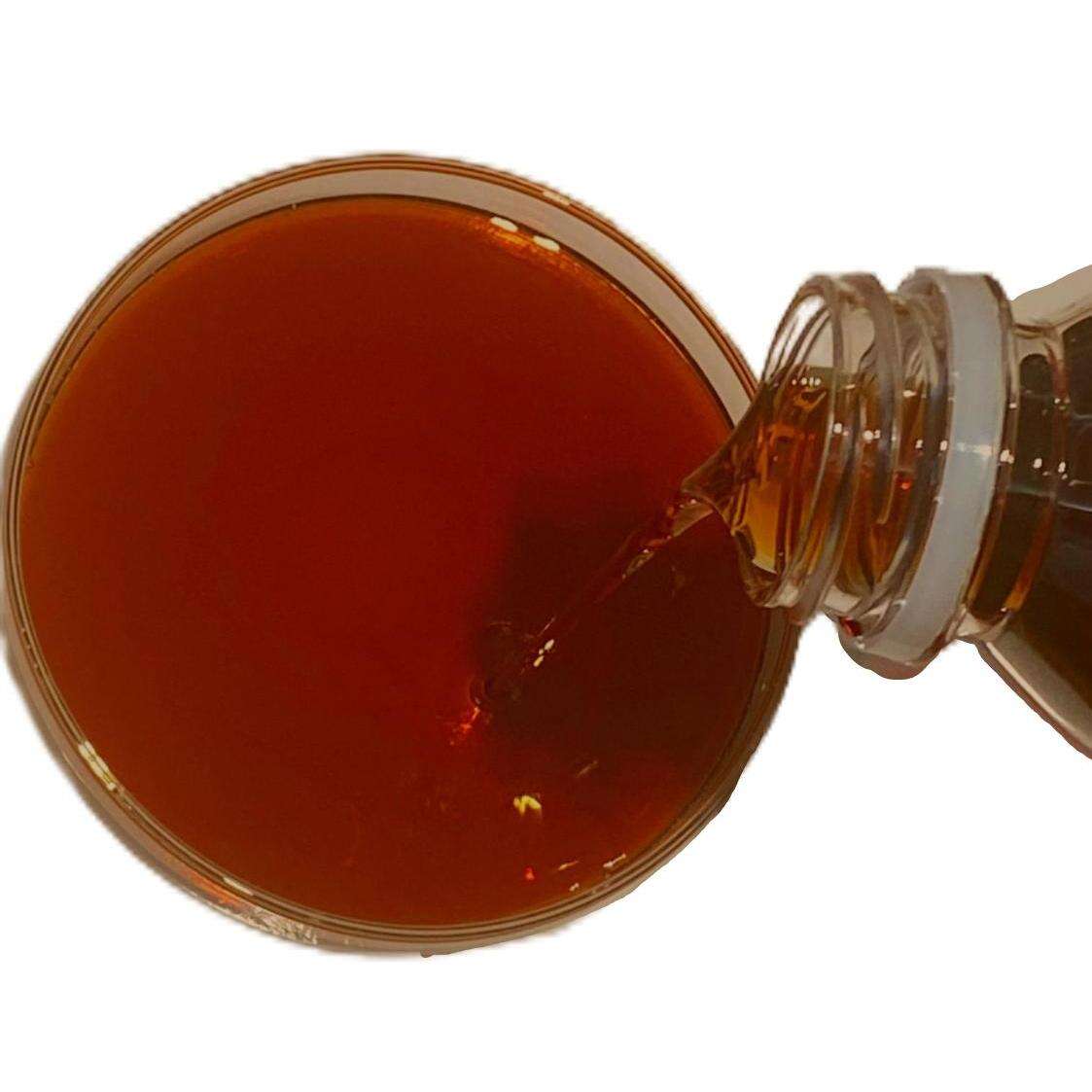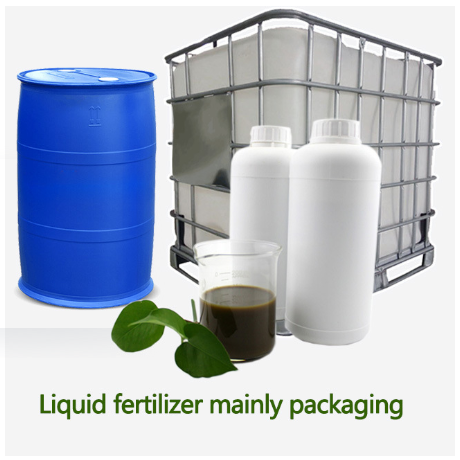Tel: +86-532 85807910
Email: [email protected]
- HOME
- PRODUCTS
- ABOUT US
- SOLUTION
- EXHIBITIONS
- NEWS & EVENT
- CONTACT
Tel: +86-532 85807910
Email: [email protected]
Enzymolysis is a living organism chemical reaction. Here, helpers with special powers called enzymes chop up big molecules into little ones. This makes a big difference for, say, digestion (how we break down food), metabolism (how our bodies use energy), and fixing cells. Enzymes are little machines that help our body run smoothly.
Enzymes are a specific kind of protein that makes chemical reactions happen more quickly. They serve to divide things without being divided themselves. Enzymes speed up and facilitate a reaction by lowering the necessary energy in enzymolysis. Without enzymes, some of these vital activities would take much longer in your body.

Enzymes act on certain types of molecules known as substrates. They connect to these substrates at specific locations known as active sites. When they do, enzymes assist by cutting the substrates into smaller pieces by undermining their bonds. This process releases energy that our bodies can use for other things. Enzymes are very scrupulous, ensuring that only the correct molecules are acted upon.

Enzymolysis is essential for maintaining balance in living systems. Enzymes, for instance, break down food, convert nutrients into energy and repair cells. Without enzymolysis, we would not be able to receive essential nutrients from our food or remove poisonous substances from our bodies.

Key in speeding up reactions that would barely occur on their own is the fact of enzymolysis. By reducing the amount of energy required for a reaction to take place, enzymes make it easier for molecules to react with each other, faster as well as more efficiently. This is a particularly big deal when speed is of the essence, such as when we can use energy from our food or repair from tissue damage.
According customer's requirements, can provide an array packages suitable to the transport conditions chemical products.We offer top-quality enzymolysis perfect after-sales service system.
enzymolysis Develop Chemistry Co., Ltd. established in 2005. We have over 20 years of experience water treatment and disinfection chemicals. offer high-quality products at affordable costs. Our expertise goes beyond quality encompasses specialized areas like packaging transport.
We are famous for our top-quality products expert services. Our global business has enzymolysis in over 70 countries, which includes France well as Spain, Russia and Ukraine, Pakistan and Indonesia, Malaysia and Turkiye. the past year, our business has delivered more 20000 tonnes products across the globe.
With enzymolysis product design, development, material procurement, as well good production and product distribution experience, we become increasingly efficient as the market develops.Our most popular products include trichloroisocyanuric Acid (TCCA) along with sodium dichloroisocyanurate (SDIC) and cyanuric acid (CYA) and calcium hypochlorite, calcium chloride, chlorine dioxide, and so on. committed to providing customers a variety of products and services related to pool.